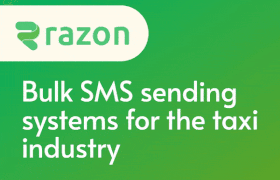ABERDEEN COUNCIL BLASTED OVER LEZ TAXI CHAOS AS MAJOR EVENTS LOOM
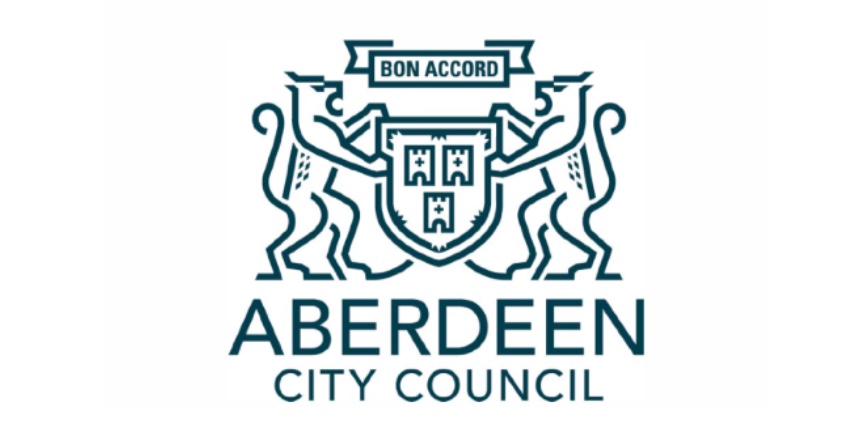
Aberdeen City Council is facing fierce criticism after admitting it has no idea how many taxis will be banned from the city centre's Low Emission Zone (LEZ) come 1 June. With major summer events approaching, concerns are mounting over potential transport chaos and the devastating knock-on effect on businesses banking on bumper footfall during this period.
The council, which implemented the LEZ in june last year, granted taxis an exemption until June 2025. However, a Freedom of Information request by the Aberdeen & Grampian Chamber of Commerce revealed the council's lack of data on vehicles that will become non-compliant.
"To end the LEZ exemption for taxis on the eve of such major events is wildly irresponsible - not least because the council seems to have no idea how badly affected the city's taxis will be by the move," said Russell Borthwick, chief executive of the Chamber.
He warned of "the ridiculous and embarrassing situation of having visitors travelling into the city centre and having to be dropped off on the outskirts and wait for buses or walk. Or unable to get a taxi at all. What sort of first impression of the city is that?”
The revelation has sparked alarm among business leaders, including Bob Keiller CBE, who is leading the Our Union Street project. "The number of taxis and private hire cars is already critically low with less than 300 private hire cars and fewer than 500 taxis," Keiller stated, highlighting that Aberdeen has "fewer than half the number of taxis for our population than either Edinburgh or Glasgow."
He attributed this to the council's "insistence that all drivers (taxi and private hire) pass an extensive Street Knowledge Test," which is not required in either Edinburgh or Glasgow.
"Despite multiple requests, the licensing committee refuses to reconsider this," he stated.
"Extending the LEZ exemption might prevent an immediate fall-off in taxi numbers, but it won’t address the chronic shortage. Removing the Street Knowledge Test could create hundreds of jobs for people struggling to make ends meet."
The situation echoes challenges faced in Glasgow, where drivers struggled to meet LEZ requirements and there are fears that hundreds of Glasgow cabbies could be forced off the road and that older drivers would retire rather than spend money upgrading or buying a new, compliant vehicle.
An Uber spokesperson added fuel to the fire, stating: "We should be enabling more private hire cars in Aberdeen, rather than worrying about how many will be removed due to the LEZ."
They also pointed to the "street knowledge test, which has only a 15% pass rate," as a major barrier adding: "This is out of step with best practice guidance from the Scottish Government, which advises that knowledge tests should not create unnecessarily high barriers to entry."
In response, an Aberdeen City Council spokesperson said: "Aberdeen City Council is currently looking at options around extending the LEZ exemption for taxis and will be discussing this with the Scottish Government."
They also noted that "taxi demand was the subject of a recent report to the Licensing Committee."
Read another story
- MANCHESTER CABBIES FACE CATASTROPHIC NEW YEAR'S EVE DEADLINE OVER EMISSIONS RULES
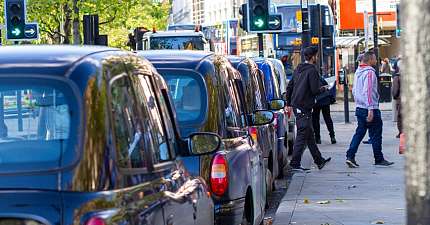
The January 1, 2026, deadline for compliance with GM's Clean Air Plan is triggering fears of a mass exodus, with drivers citing a lack of affordable vehicle upgrades and a crippling supply chain crisis.

- DUMPHRIES AND GALLOWAY COUNCIL REVIEWING ACCESSIBLE TAXI ACCESS ACROSS REGION
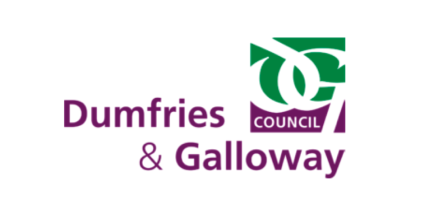
Dumfries and Galloway Council is exploring ways to improve access to taxis and (WAVs) following the findings of an independent survey carried out on behalf of the council.

- HAVE YOUR SAY ON WARRINGTON TAXI LICENSING POLICY CHANGES
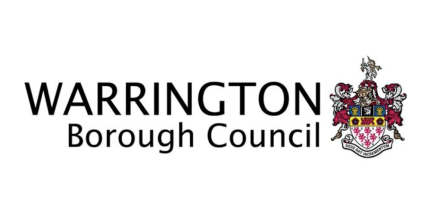
Warrington Borough Council is inviting drivers and members of the public to take part in a consultation on proposed changes to its taxi licensing policy.

- HUNTINGDONSHIRE PRIVATE HIRE LICENCES SUSPENDED AMID SAFETY CONCERNS

Huntingdonshire District Council (HDC) has revealed a concerning number of driver convictions, road traffic accidents, and vehicle defects within its private hire sector, leading to multiple licence suspensions and revoc

- NORWICH BLACK CAB DRIVERS SEEK FAIRER FARES DESPITE PROPOSED INCREASE
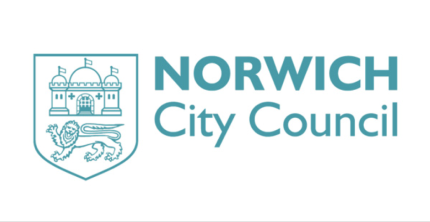
Norwich City Council's proposal to increase hackney carriage tariffs has been welcomed by black cab drivers, but they argue that they still lag behind private hire firms in earning potential.

- POLICE APPEAL FOR WITNESSES AFTER SHREWSBURY TAXI DRIVER ATTACKED

"A taxi driver was pushed and then grabbed around the throat by a man outside of his car," confirmed a police appeal.

- TFL APOLOGISES FOR LICENSING DELAYS LEAVING PRIVATE HIRE DRIVERS STRANDED
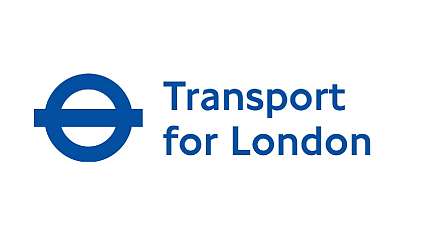
The delays, attributed to issues with a new online system, have caused substantial disruption, with some drivers waiting months for their licences.

- STOKE FIRM APOLOGISES AFTER DRIVER TAKES TODDLER AND LEAVES MOTHER BEHIND

The incident, involving Magnum Private Hire, occurred on 22 March, after the mother booked a ride for herself, her baby, and her toddler.

- GRIMSBY TAXI TARGETED IN BRICK ATTACK LEAVING PASSENGERS SHAKEN
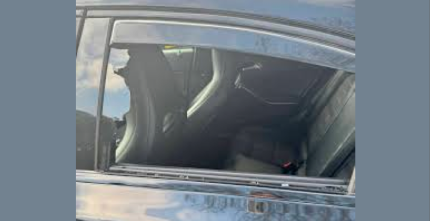
The incident, which occurred at approximately 3:30pm at the junction of Durban Road and Humberstone Road, left a rear window shattered and occupants "extremely shaken," according to witnesses.

- UBER LAUNCHES IN NORWICH SPARKING MIXED REACTIONS

Uber announced its arrival stating it would "give passengers greater transport options" and "provide new earning opportunities for local drivers."

- TFL SETS OUT NEW PLAN TO SUPPORT TAXI TRADE PH INDUSTRY AND PASSENGERS OVER COMING YEARS
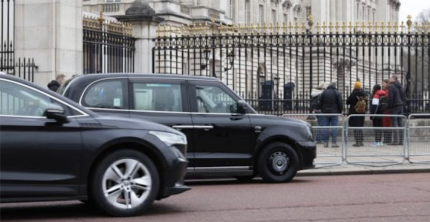
The new Taxi and Private Hire Action Plan sets out a number of bold actions that will help to make positive changes in these industries and enable it to continue to provide excellent services for Londoners

- NORTHERN IRELAND MINISTER LAUNCHES CLASS C TAXI LEGISLATION REVIEW

Northern Ireland's Infrastructure Minister, Liz Kimmins, has announced a phased review of taxi policy and legislation, beginning with Class C taxi licensing, which includes wedding cars and Uber.

- NEWPORT MAN AVOIDS JAIL AFTER BRUTAL WINE BOTTLE ATTACK ON TAXI DRIVER
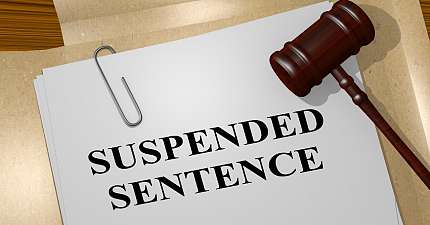
The incident, which occurred in Abergavenny on 27 February, 2021, also saw Griffiths "charge like a bull" at a police officer attempting to arrest him, punching him in the head.

- AYR TAXI DRIVER ORDERED TO UNDERTAKE TRAINING AFTER TELLING TEENAGER TO 'DROP DEAD'

The teenager alleged that driver Dennis Nutt had been rude and dismissive during the journey, referring to a "junkie" over the radio, which she believed was directed at her.

- UK BOLT WINS TOUR OPERATORS MARGIN SCHEME VAT HEARING AS HMRC APPEAL DISMISSED
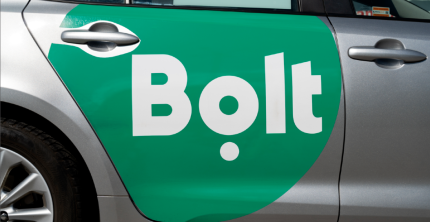
The case centred on whether Bolt’s app-based services, where it acts as principal in supplying transport from self-employed drivers, should qualify under TOMS.

- HEREFORDSHIRE TAXI DRIVERS ACCUSED OF CHARGING DOUBLE FOR COUNCIL SCHOOL CONTRACTS

Herefordshire cabbies are reportedly earning huge sums from council school contracts, leading to claims they are neglecting other fares and leaving residents without nighttime taxi services.

- KENT TAXI FIRMS ATTEMPT TO DEFRAUD COUNCIL OF NEARLY £30,000 IN UNMADE SEN SCHOOL TRIPS

The home-to-school transport (HST) service, which caters to approximately 6,000 special needs pupils and costs Kent taxpayers around £70 million annually, has become a target for fraudulent activity.

- TAXI DRIVER FILMED STUMBLING AND SLURRING AT PETROL STATION CHARGED WITH REFUSING BREATH TEST

The incident, captured on video and obtained by CornwallLive, shows the woman attempting to purchase tobacco after crashing her taxi into forecourt bollards.

- HYNDBURN COUNCIL EYES END TO IN-HOUSE TAXI MOTS AMID DRIVER COMPLAINTS
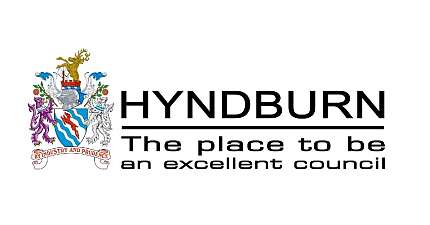
The proposal aims to provide more choice and flexibility for the taxi trade, support local garages, and stimulate competition to potentially offer better value for money services.

- PRIME MINISTER TELLS COUNCILS TO PROVE ACTION ON POTHOLES TO UNLOCK EXTRA CASH

From mid-April, local authorities in England will start to receive their share of the Government’s record £1.6bn highway maintenance funding, including an extra £500m - enough to fill 7 million potholes a year.








